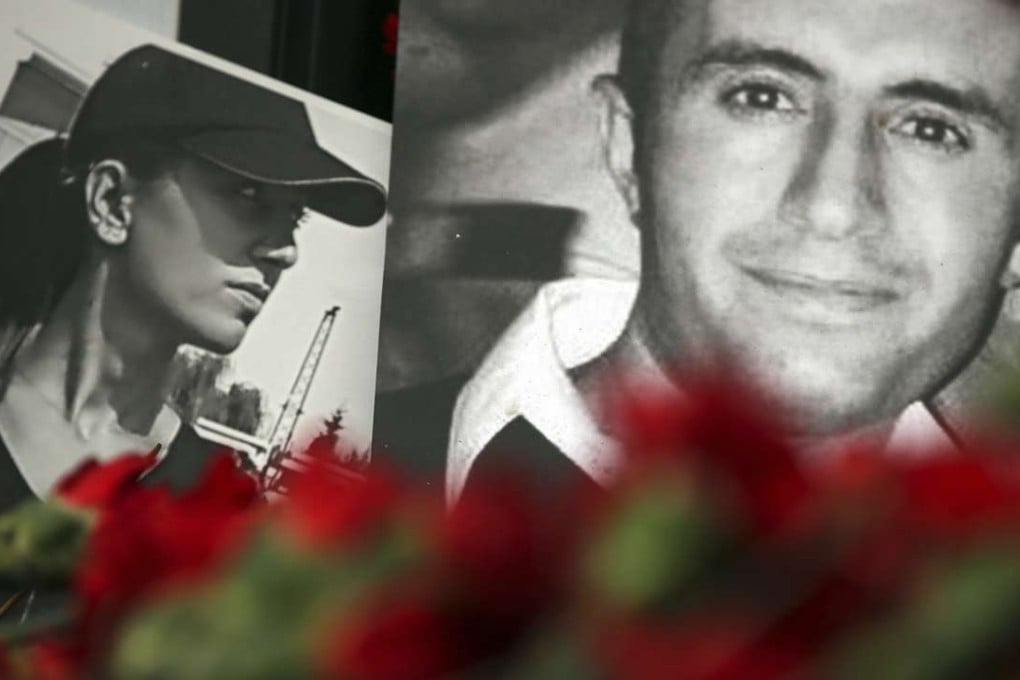With Trump, Brexit and simmering tension in Asia, can the global security order survive 2017?
Hagai M. Segal says with geopolitical crises threatening many parts of the world, those still reeling from a painful 2016 should brace for potentially worse

In 1815, as the Napoleonic wars that had ravaged the continent came to an end, Europe’s great powers fashioned a new political order to establish and maintain peace. This order collapsed a century later, with humanity consumed by the devastation of the first world war. Another century on and the world is again teetering on the edge of the geopolitical abyss.
Many commentators have characterised 2016 as an annus horribilis, but it is in 2017 when we will see whether the geopolitical nightmare scenarios come to fruition. And we will find out whether the political consensus that has defined the global political and ethical norms since 1945 will be renewed or ruined.
Five challenges for true global leaders in 2017
The United Nations, formed after the second world war, was designed to be a truly global institution developing cooperation to prevent hostilities. Yet in 2017, we have politicians globally, including the incoming US president, celebrating their desire to challenge, if not dismantle, this system and status quo. The politics of international cooperation and human rights is out, replaced with a return to the doctrine of “our national interest trumps all other considerations”.
This change has been driven by, and itself now drives, the increasingly volatile global geopolitical landscape, and the litany of geopolitical hot spots today should alarm even the most hardened political observers. From Europe to Africa to Asia, grand crises loom.
